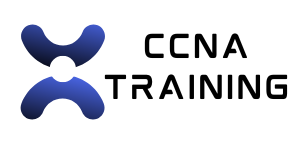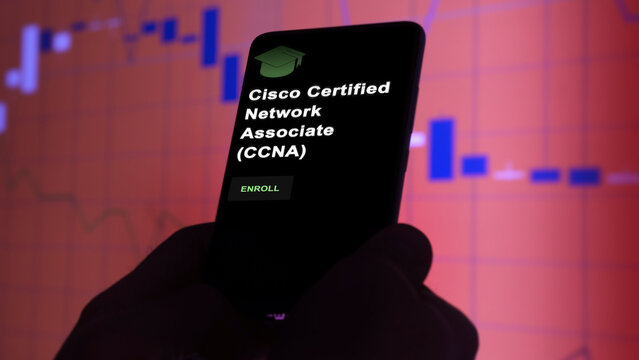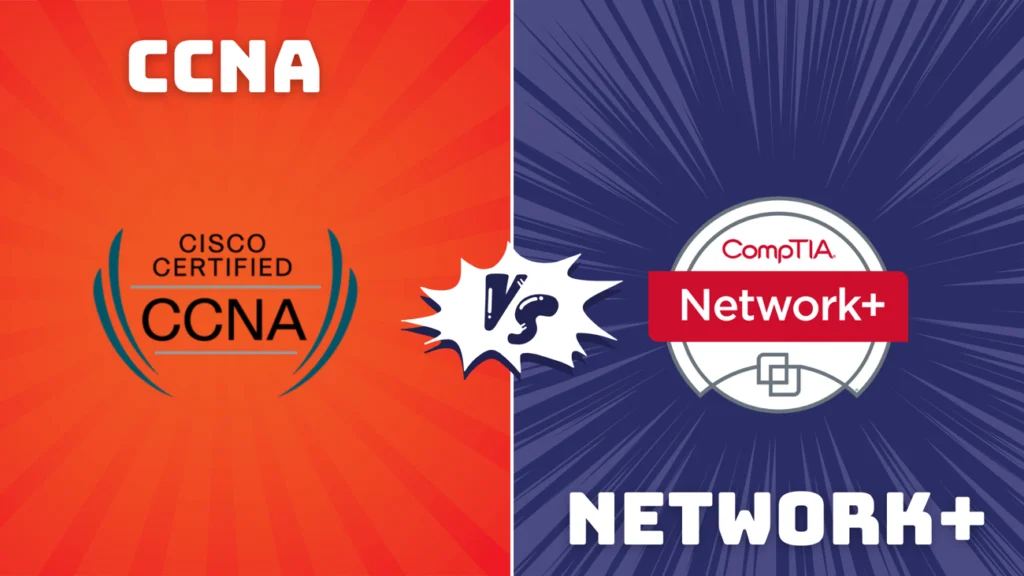Obtaining a CCNA (Cisco Certified Network Associate) certification is a significant investment in both time and money. The cost of CCNA certification includes exam fees, study materials, training courses, and potential additional costs. It’s important to understand the full scope of these expenses in order to budget effectively and make an informed decision about pursuing this certification.
Key Takeaways
- CCNA certification costs include exam fees, study materials, training courses, and potential additional costs.
- Exam fees for CCNA certification range from 0 to 5, and study materials can cost around 0.
- Training courses and bootcamps can range from ,000 to ,500, depending on the provider and format.
- Potential additional costs for CCNA certification include retake fees, travel expenses, and lab equipment.
- When budgeting for CCNA certification, consider all costs and plan for potential additional expenses.
Exam Fees and Study Materials
The cost of CCNA certification starts with the exam fees. As of 2021, the exam fee for the CCNA 200-301 certification is $300. This fee is non-refundable, so it’s important to be fully prepared before scheduling the exam. In addition to the exam fee, candidates will need to invest in study materials to prepare for the CCNA exam. This may include textbooks, online courses, practice exams, and study guides. The cost of study materials can vary widely depending on the resources chosen, but it’s important to invest in high-quality materials to ensure thorough preparation for the exam.
In addition to traditional study materials, candidates may also consider investing in lab equipment or simulation software to gain hands-on experience with networking concepts. While these additional resources can add to the overall cost of CCNA certification, they can be invaluable in solidifying understanding and practical skills.
Training Courses and Bootcamps
Many candidates choose to enroll in training courses or bootcamps to prepare for the CCNA exam. These programs offer structured learning environments, expert instruction, and hands-on practice opportunities. The cost of training courses and bootcamps can vary widely depending on factors such as the duration of the program, the reputation of the training provider, and the inclusion of additional resources such as practice exams or study materials.
While training courses and bootcamps can be a significant investment, they can also provide a comprehensive and efficient way to prepare for the CCNA exam. Candidates should carefully research and compare different programs to find the best fit for their budget and learning style.
Potential Additional Costs
| Cost Category | Estimated Amount |
|---|---|
| Material Costs | 500 |
| Labor Costs | 800 |
| Transportation Costs | 300 |
In addition to the core expenses of exam fees, study materials, and training programs, there are potential additional costs to consider when pursuing CCNA certification. For example, candidates may need to factor in the cost of travel and accommodation if they choose to attend an in-person training program or bootcamp. Additionally, there may be costs associated with retaking the exam if a passing score is not achieved on the first attempt.
Candidates should also consider the potential opportunity costs of pursuing CCNA certification, such as the income that could have been earned during the time spent studying and preparing for the exam. While these costs may not have a direct monetary value, they are important to consider when evaluating the overall investment in CCNA certification.
Budgeting for CCNA Certification
Budgeting for CCNA certification requires careful consideration of all potential expenses and a realistic assessment of one’s financial situation. Candidates should start by researching the current exam fees and estimating the cost of study materials based on their preferred resources. From there, they can explore the option of training courses or bootcamps and factor in any associated costs such as travel or accommodation.
It’s important to create a detailed budget that accounts for all potential expenses related to CCNA certification, including any potential additional costs. Candidates should also consider their own financial obligations and determine how much they can comfortably allocate towards pursuing this certification. By creating a clear budget, candidates can make informed decisions about which resources to invest in and how to best prepare for the CCNA exam without overspending.
Financial Assistance and Discounts

While pursuing CCNA certification requires a significant financial investment, there are options for financial assistance and discounts that can help offset some of the costs. For example, some employers may offer tuition reimbursement or professional development funds that can be used towards certification expenses. Candidates should inquire with their employer about any available financial assistance programs.
Additionally, Cisco offers a discount program for students and educators that provides a 50% discount on the exam fee for certain certifications, including CCNThis can significantly reduce the cost of obtaining CCNA certification for eligible individuals. Candidates should also explore any other available discounts or promotions from training providers or study material vendors to further reduce their expenses.
Return on Investment for CCNA Certification
While pursuing CCNA certification requires a significant financial investment, it’s important to consider the potential return on investment (ROI) that this certification can provide. CCNA certification can open up new career opportunities in the field of networking and increase earning potential. According to PayScale, the average salary for a professional with CCNA certification is $78,000 per year in the United States.
In addition to increased earning potential, CCNA certification can also lead to greater job security and opportunities for advancement within the IT industry. By carefully weighing the potential ROI of CCNA certification against the initial investment, candidates can make an informed decision about whether pursuing this certification aligns with their long-term career goals and financial aspirations.
In conclusion, obtaining CCNA certification requires careful consideration of all associated costs, including exam fees, study materials, training programs, and potential additional expenses. By creating a detailed budget and exploring options for financial assistance or discounts, candidates can make informed decisions about how to best prepare for the CCNA exam without overspending. Ultimately, it’s important to weigh the potential return on investment of CCNA certification against the initial financial investment in order to make a well-informed decision about pursuing this valuable credential.
FAQs
What is the cost of CCNA certification?
The cost of CCNA certification varies depending on the country and the method of examination. In the United States, the cost ranges from $300 to $325 for the exam.
Are there any additional costs associated with CCNA certification?
In addition to the exam fee, there may be additional costs for study materials, training courses, and practice exams. These costs can vary depending on the individual’s preferred study method.
Are there any discounts available for CCNA certification?
Cisco occasionally offers discounts on exam fees for certain groups, such as students or military personnel. Additionally, some training providers may offer package deals that include discounted exam vouchers.
Is there a difference in cost between the CCNA exam and the CCNA certification training?
Yes, there is a difference in cost between the CCNA exam and the CCNA certification training. The exam fee is a one-time cost to take the exam, while the training cost includes study materials, courses, and practice exams.
Are there any financial aid options available for CCNA certification?
Some individuals may be eligible for financial aid through programs such as the Workforce Innovation and Opportunity Act (WIOA) or employer tuition reimbursement. It is recommended to check with local workforce development agencies and employers for potential financial aid options.














